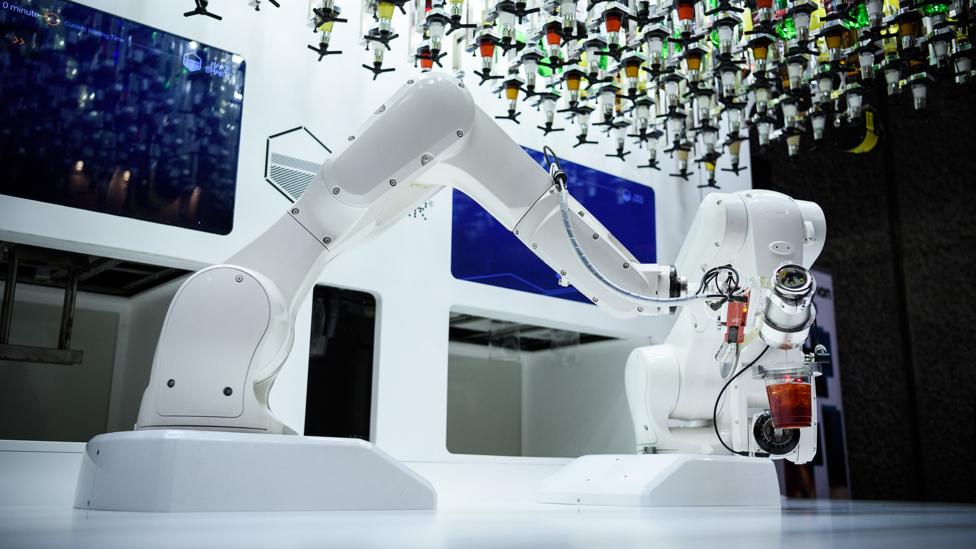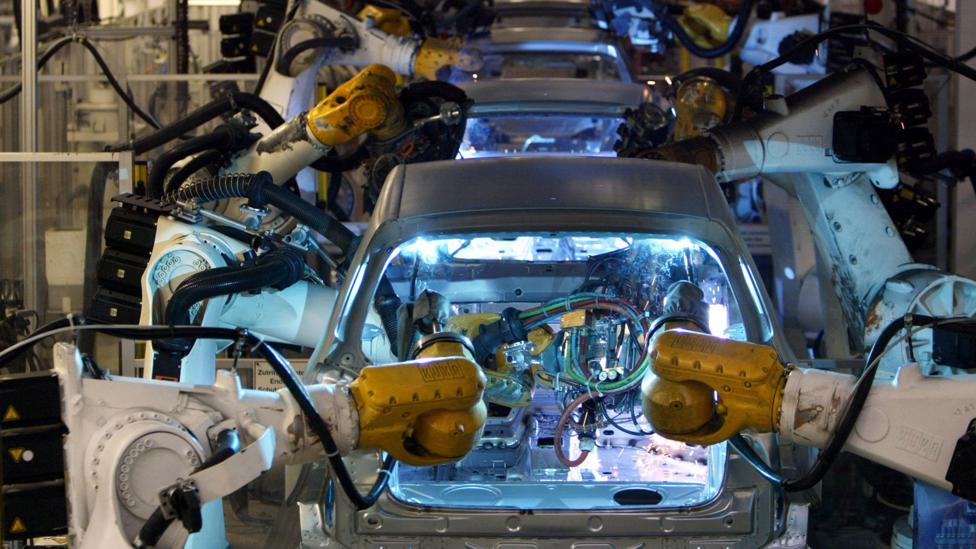Any roles that involve spotting patterns in data –lawyers reviewing legal documents or doctors making a patient diagnosis, for example – are easy to automate, says Dave Coplin, CEO of The Envisioners, a UK-based technology consultancy. This is because an algorithm can do these tasks faster and more accurately than a human, he says.
To avoid obsolescence, workers doing these jobs need to develop new skills like creativity to solve new problems,empathy to communicate betterand accountability, using human intuition to supplement insight from machines.“If an algo can do 30% of the tasks that I used to do, what can I do with that spare capacity? The winners are those who choose to do things that algos can’t.”
Edmondson says every profession will require adaptability and flexibility, from banking to the arts. Say you are an accountant.Your IQ gets you through the examinations to become qualified, then your EQ helps you connect with an interviewer, land a job and develop relationships with clients and colleagues. Then, when systems change or aspects of work are automated, you need AQ to accommodate this innovation and adapt to new ways of performing your role.
All three quotients are somewhat complementary, since they all help you to solve problems and therefore adapt, Edmondson says. An ideal candidate possesses all three,but not everyone does. “There are rigid geniuses,” she says.Having IQ, but no AQ would leave you struggling to embrace new ways of working using your existing skills – and low AQ makes it harder to acquire new ones.
 Medicine, Psychology and Physiology
Medicine, Psychology and Physiology

